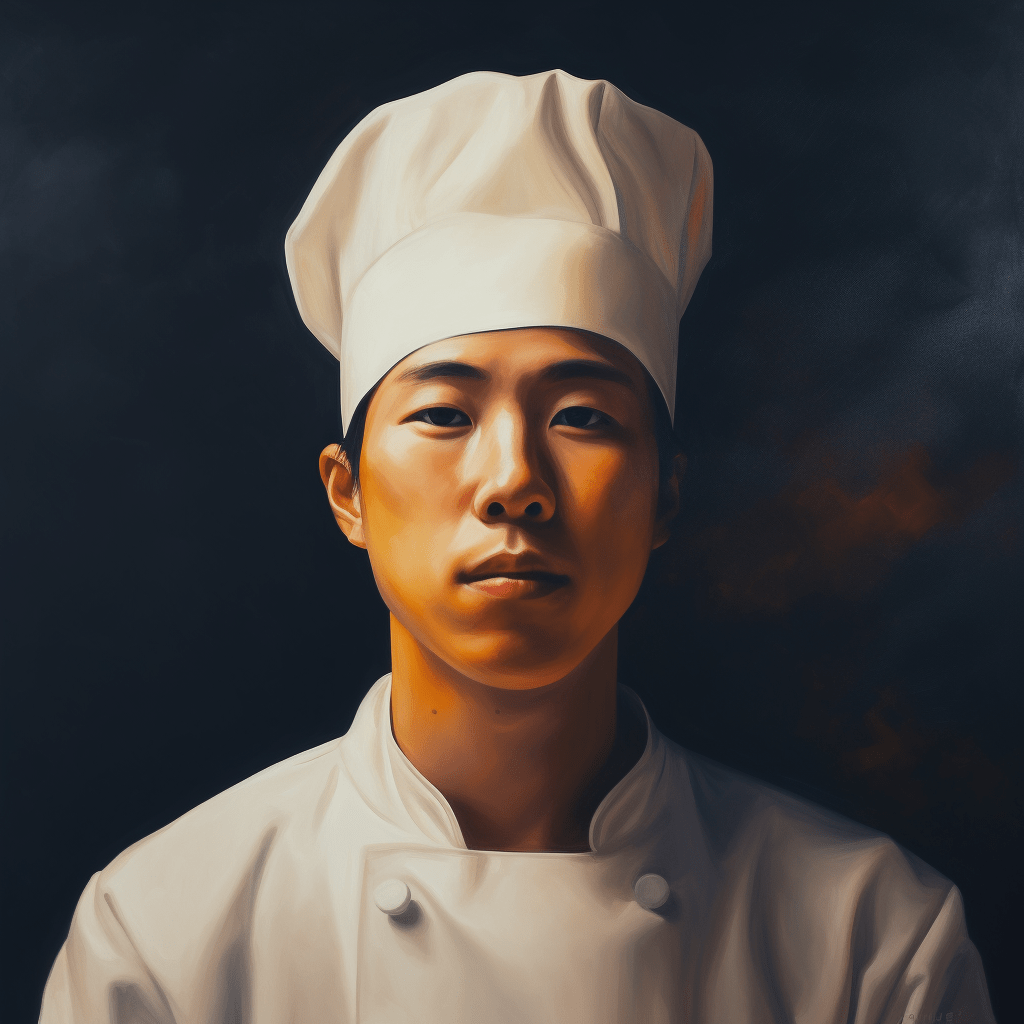
Introduction to the Kitchen and Essential Tools
Culinary Basics: The Essential Guide for Home CooksBegin your culinary journey by familiarizing yourself with key kitchen equipment and understanding the importance of maintaining a clean and organized workspace.
Welcome to Lesson 1!
In this lesson, we will start at the very beginning by introducing you to essential kitchen tools and their respective functions. We'll also discuss the importance of keeping your workspace clean and organized, setting you up for success in your culinary endeavors.
Kitchen Equipment Basics
Every well-equipped kitchen should have the following tools:
- Knives: Invest in a quality chef's knife, a paring knife, and a serrated bread knife. These three knives should cover most of your cutting needs.
- Cutting board: A durable, non-slip cutting board protects your knife's edge and your countertop. Opt for wood, bamboo, or dense plastic materials.
- Measuring cups and spoons: Accurate measurements are crucial when following recipes, especially when baking. Ensure you have both dry and liquid measuring cups, as well as measuring spoons in your toolkit.
- Mixing bowls: A set of nesting bowls in different sizes allows for efficient mixing and prep work without taking up too much space.
- Utensils and tools: Balloon whisk, silicone spatula, tongs, ladle, and a slotted spoon will come in handy during your cooking endeavors. Stainless steel or heat-resistant materials are generally preferred.
- Pots and pans: A non-stick frying pan, a cast iron skillet, and a stainless steel saucepot are three essentials for versatile cooking.
- Baking equipment: Own a baking dish, a baking sheet, and a muffin tin for a variety of baking tasks.
- Strainer and/or colander: Useful for straining liquids and rinsing ingredients like pasta, rice, and vegetables. Microplane graters are also valuable additions.
- Can opener and bottle opener: Ensure easy access to canned ingredients and beverages.
- Thermometer: A digital cooking thermometer helps ensure your dishes reach the perfect temperature for safety and optimal taste.
The Importance of a Clean and Organized Workspace
Having a clean and organized kitchen is crucial for a successful and enjoyable cooking experience. Here are some key benefits:
- Safety: A clutter-free kitchen lowers the risk of accidents, such as slicing your hand when reaching for a knife or stumbling upon an obstructing object.
- Efficiency: Knowing where to find everything speeds up the cooking process and helps ensure you don't forget important ingredients, utensils, or steps in a recipe.
- Hygiene: Sanitizing your workspace, and regularly washing your hands, prevents cross-contamination and the spread of harmful bacteria, ensuring the safety of your food.
- Inspiration: A clean and organized space encourages creativity, fostering new ideas and increasing the likelihood of enjoyable cooking experiences.
Now that you're familiar with essential kitchen tools and the importance of a clean workspace, it's time to move on to Lesson 2, where we will delve into knife skills and care. Happy cooking!
